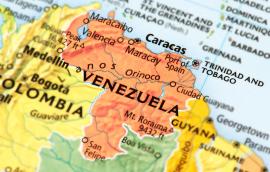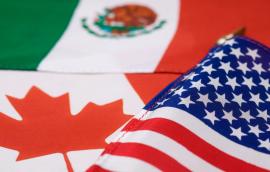How High-Income Countries Can Contribute to a More Sustainable Plastics Economy: Using the “What We Know Works” Approach
With the cost of virgin plastic directly affected by oil and natural gas prices, the global plastics economy is highly vulnerable to shocks. The authors argue that in order to advance sustainability and solve existential crises like resource depletion and the environmental and social impacts of climate change, high-income countries should take the lead on the development of transparent, closed loops for plastics.
DOI: https://doi.org/10.25613/JXVH-K250
Rachel A. Meidl, Vilma Havas, Brita Staal January 21, 2021









